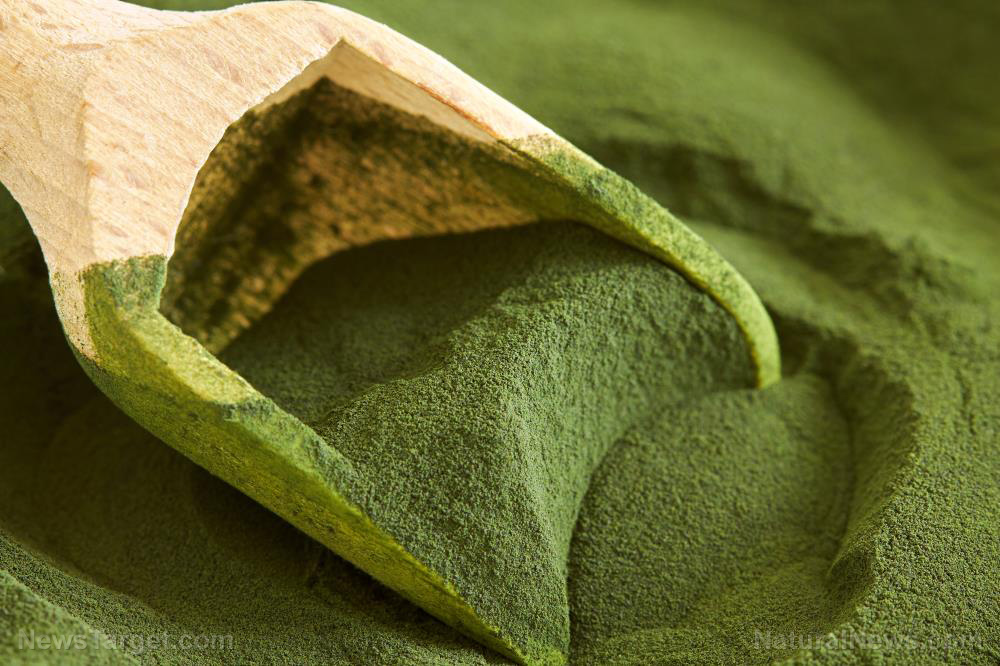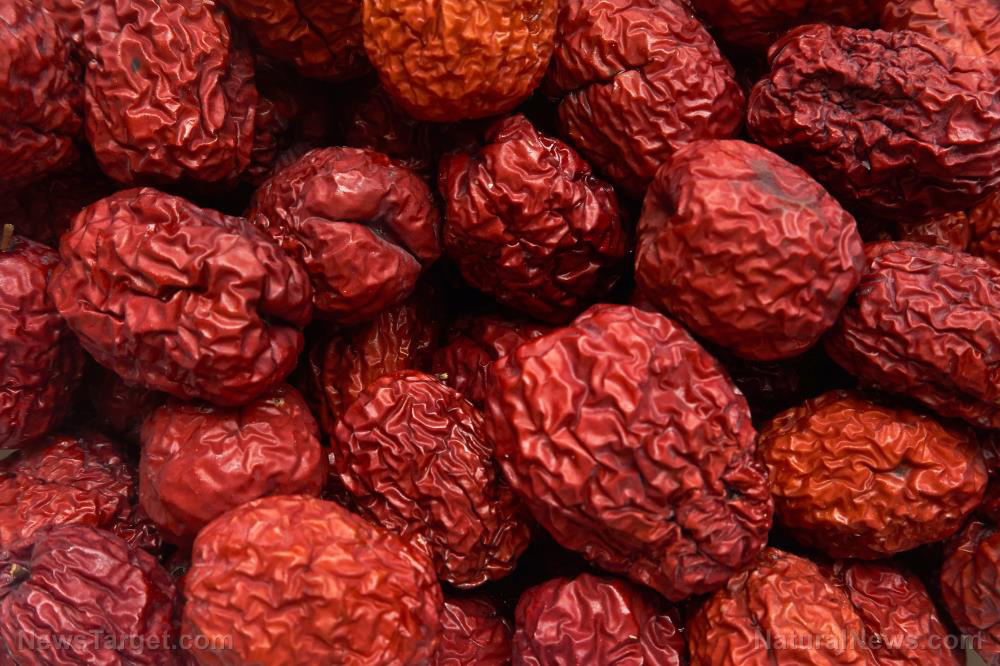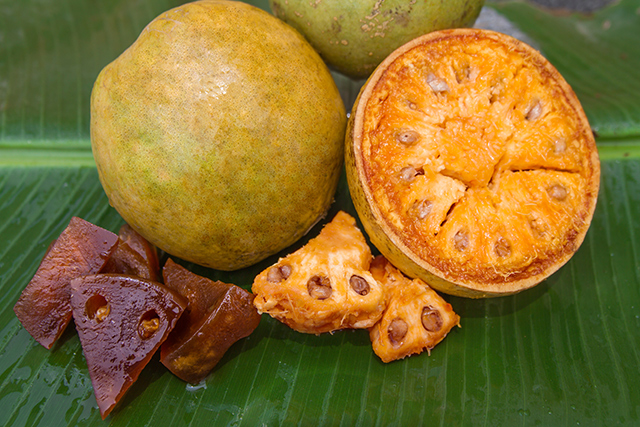Have you heard of magnolia bark? Studies have shown it to play a beneficial role in healthy sleep
12/20/2018 / By Ellaine Castillo

Magnolia (Magnolia officinalis) is a flowering tree whose bark and flowers are commonly used in traditional Chinese, Japanese, and Korean medicine. However, most people today are not that familiar with the herb, which is very unfortunate since it is associated with a wide variety of health benefits. One of the most common uses of the magnolia bark is to promote sleep and relaxation.
The bark of the magnolia tree is rich in bioactive compounds, such as magnolol and honokiol, that have been shown to have anti-inflammatory, antibacterial, and anti-allergy properties. It also has many properties that contribute to its overall effectiveness as a soporific.
Scientists have observed that magnolia bark can boost the production of gamma-aminobutyric acid (GABA), a brain chemical that induces a calming effect on the brain. By increasing the amount of this neurotransmitter, you can effectively prevent insomnia, a sleep disorder associated with low GABA levels.
Adrenaline and cortisol are some of the other substances in the body that are affected by magnolia bark intake. However, unlike GABA, these two are reduced in the presence of the herb. This is beneficial for those who need more sleep since adrenaline and cortisol are associated with a state of alertness and vigilance.
Furthermore, magnolia bark contains at least one compound that increases the amount of time a person spends in rapid eye movement (REM) and non-REM sleep, which are also known as active and quiet sleep, respectively. It is important to undergo these two phases since they have distinct contributions to sleep. According to a study published in the journal The Neuroscientist, the NREM phase is when the recovery of cells occurs. Meanwhile, the same article said that REM sleep allows for the selection of cells that are already in top shape since they don’t have to be fixed in the subsequent NREM phase. Unfortunately, the specific substances responsible for these activities, which also includes reducing the time needed to fall asleep, have not been identified.
100% organic essential oil sets now available for your home and personal care, including Rosemary, Oregano, Eucalyptus, Tea Tree, Clary Sage and more, all 100% organic and laboratory tested for safety. A multitude of uses, from stress reduction to topical first aid. See the complete listing here, and help support this news site.
If you’re having some trouble falling asleep, then magnolia bark might be the solution to your problem. It’s very easy to enjoy the benefits of this herb. You can choose to drink magnolia bark tea or you can also take supplements since these are more readily accessible. (Related: Natural supplements that treat sleep disruptions and menopause symptoms.)
Other health benefits of magnolia bark
Everyone should consider taking magnolia bark and not just those who suffer from sleep disorders since it has many other health benefits, which include the following:
- Protecting the brain — Previous studies have shown that magnolia bark significantly reduces the risk of Alzheimer’s by preventing brain cell death and plaque build up. Moreover, it helps maintain healthy acetylcholine levels since Alzheimer’s patients have too little of this neurotransmitter.
- Reducing cancer risk — Costunolide is a compound found in magnolia bark that has gained much attention due to its anticancer properties, especially against leukemia, ovarian cancer, and breast cancer.
- Promoting good digestion — One of the traditional uses of magnolia bark is as a remedy for digestive problems like bloating, stomach pains, and diarrhea. To enhance this effect, you can try pairing it with ginger.
- Improving mood — Magnolia bark improves the activity of the mood-boosting brain chemicals serotonin and dopamine, showing that it has potential use as an herbal remedy for depression.
For more articles about the different benefits of magnolia bark, visit Herbs.news.
Sources include:
Tagged Under: adrenaline, anti-anxiety, antistress, Cortisol, GABA, gamma-Aminobutyric acid, herbal remedies, Herbs, hormones, magnolia, magnolia bark, natural remedies, Neurotransmitters, stress, stress hormones, TCM, traditional Japanese medicine, Traditional Korean Medicine, traditional medicine




















